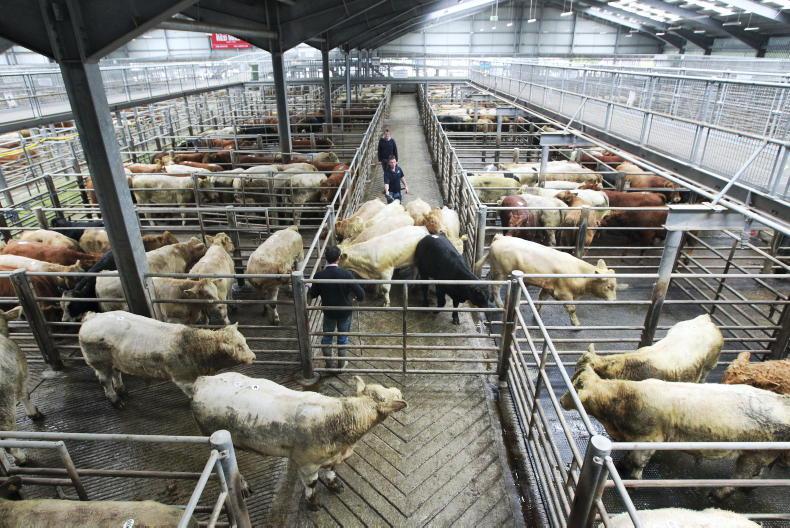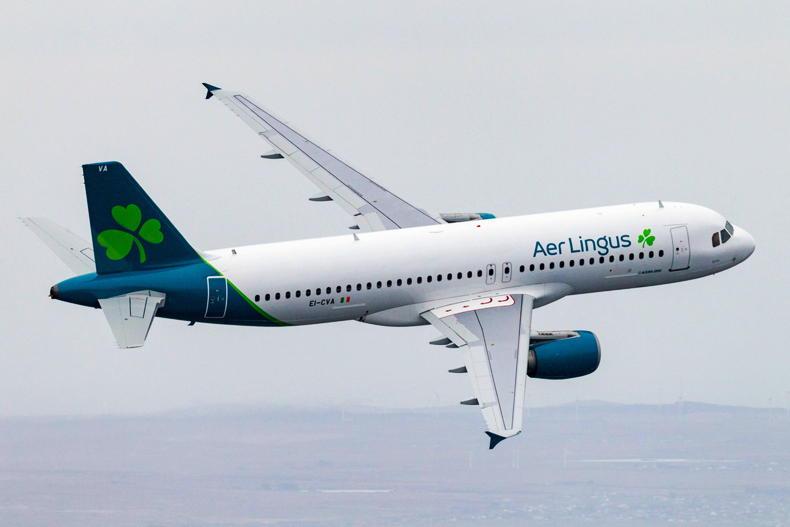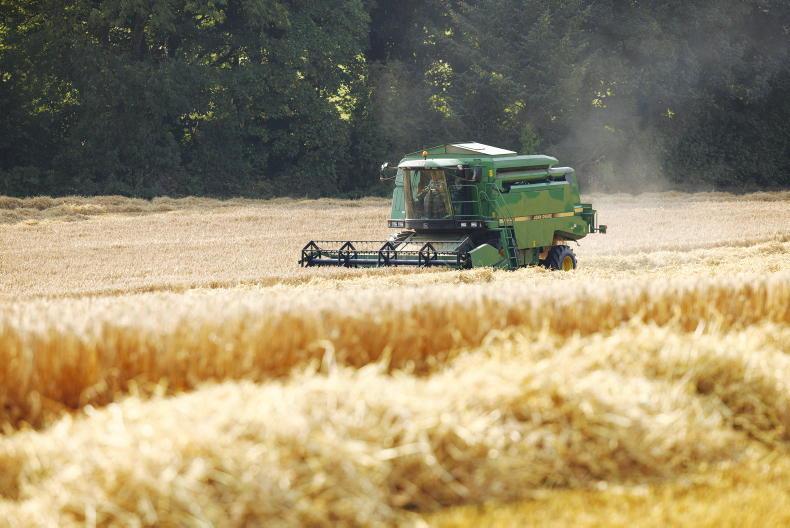The European Commission this week formally proposed to the Council of the EU the signature and conclusion of a free trade agreement between the EU and Canada, known as the Comprehensive Economic and Trade Agreement, or CETA.
This was to be the first of a series of major trade agreements entered into by the EU with discussions between the EU and the US ongoing through TTIP and Japan, while discussions with Mercosur are due to start in the autumn. Where trade discussions go now while the UK negotiates its leaving of the EU is a moot point and delays, if not collapse, are expected.
The deal with Canada was considered tolerable from a meat industry perspective with access granted to Canada for 50,000 tonnes of beef which is about a tenth of Irish total exports. The upside for the EU is that there are possibilities for EU sales to Canada in return of lower value cuts and shipments have already taken place.
What is most interesting in the announcement by the EU Commission is the last line of their press statement which says that CETA will be applied provisionally with formal approval “through a Council decision with the consent of the European Parliament, and by all member states through the relevant national ratification procedures.”
The requirement of consent by the individual member countries as well as the EU Parliament is a useful precedent if the other more controversial trade deals were to get through the EU commission.
Standpoint
EU Trade Commissioner Cecilia Malmström said that “From a strict legal standpoint, the Commission considers this agreement to fall under exclusive EU competence” but the political reality after lobbying by Germany, France and Austria in particular for their parliaments to be consulted meant that the commission has accepted it as a “mixed” agreement. Mixed agreements are those that require approval by individual member states.
The Commission is, however, allowing the agreement operate across the EU on a provisional basis pending ratification by member states. There is no doubt that this decision reflects the uncertainty in Brussels after the UK referendum vote. It is clear that a divide is emerging between the hard core EU integrationists of the executive and the political pragmatism as reflected in the Council and Parliament where there is a growing scepticism of trade deals.
This was most recently displayed by Chancellor Merkel during the visit to Germany this week by Argentina’s President Marcos. When he pressed her to encourage France to have a more flexible position on agriculture in the Mercosur trade talks, she responded by telling him that agriculture was the most complicated part of the talks not just for France but Germany too.
Caution
This, along with the agreement to consult national governments on the Canada deal, suggests a greater caution in Brussels. Whether this consultative process means all member states have a potential veto is unclear, the weighted majority principle is more likely to apply in the event of rejection by a smaller member state.
However, if there was widespread rejection by a number of countries the treaty would be in trouble. Discussions on TTIP have been floundering recently and with Mercosur internal divisions again emerging over the transfer of the Presidency from Uruguay to Venezuela, there is a sense major trade deals between the EU and other trading blocs are some way off.
That will be a relief to Irish beef farmers in particular but the new unknown is what the UK will do post exit from the EU. There is an expectation that they would quickly move to put trade deals in place with the US and Mercosur. Whatever the uncertainty around direct farm payments, Northern Irish farmers would have some protection in the UK market as they can brand with the red tractor and enjoy domestic production status, which will bring some level of consumer and supermarket loyalty, and price premium.
However, the long-term risk is real for Irish beef exports to the UK where they currently enjoy preferred second supplier of choice status. Bord Bia is hoping that the work done in recent years with quality assurance and Origin Green will sustain this position. However, there remains a serious risk that an abundant supply of South American beef on the UK market would have a seriously depressing effect on Irish beef prices.










SHARING OPTIONS